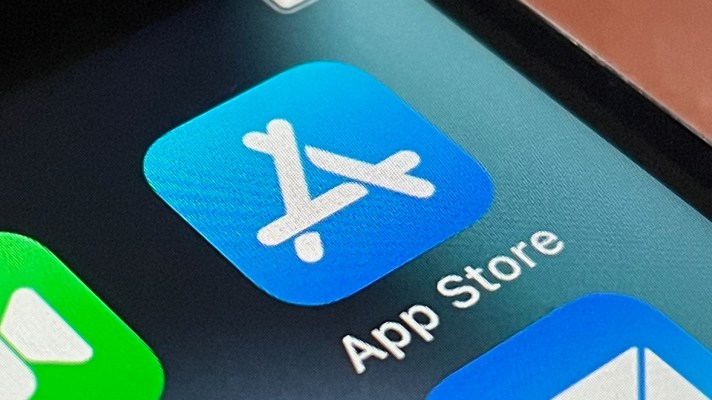Alongside the numerous changes Apple is making to its platforms to comply with the EU’s Digital Markets Act (DMA), the company is also updating its rules around streaming game services and other apps that provide access to mini-apps or games. The changes could impact companies like Netflix, which has expanded into mobile and cloud gaming in recent months, as well as efforts from other tech giants like OpenAI, which offers a GPT store, and Meta, which in 2022 had shut down its attempt at running a stand-alone Facebook Gaming app after failing to gain traction.
According to an announcement Apple published on Thursday, developers globally can now submit a single app that has the capability of streaming all the games offered in their catalog.
This is a change from the prior rules, which said that every game offered to iOS users had to be listed on its own, separate App Store page — a requirement Apple said was necessary in order to properly review and vet each app’s age rating and compliance with the App Store Review Guidelines.
The goal, most likely, is to encourage companies that would rather launch an independent app store for gaming — now that it’s permitted in the EU by the DMA — to do so on Apple’s App Store instead, where Apple takes a cut of the in-app purchases.
Microsoft, notably, had been weighing the option of launching its own mobile gaming store, it was reported last year. In addition, Fortnite maker Epic Games also wanted to distribute its games through its own games store, suing Apple over antitrust concerns in hopes of gaining that opportunity. But Apple largely won its court battle in the U.S., having only been forced to comply with the one provision that now allows developers to point to their own payment systems and websites from inside their apps.
It remains to be seen how these companies will respond to Apple’s new options.
In addition to allowing single apps to host streaming games, Apple says that mini-games, mini-apps, chatbots, and plug-ins will also now be able to incorporate Apple’s in-app purchase system in their apps.
This adjustment seems to be focused on the concerns emerging over OpenAI’s GPT Store, which functions like an app store of sorts for custom AI chatbots that work similarly to ChatGPT but are designed for specific purposes. With the GPT Store and the rise of AI more broadly, Apple could lose a potential source of revenue if users were to browse and discover paid or subscription-based chatbots from within a larger app. This move cements that even those types of services will be subject to Apple’s in-app purchase rules — and the 15% to 30% commissions it takes.
Apple noted that each mini-app, in-app game, or in-app experience will still have to adhere to its App Store Review Guidelines, meaning Apple would need to review the AI chatbots, or GPTs, if OpenAI decided to bring them to iOS users instead of only those on the web. It also said that the app’s overall rating would have to reflect the highest age-rated content in the app.
Related to this and other changes, Apple is also rolling out over 50 new reports to developers through the App Store Connect API that will help them to analyze their app’s performance in areas like engagement (the number of users interacting with an app or sharing it with others), commerce (info about sales, pre-orders, downloads, and transactions through IAP), app usage (crashes, active devices, installs, deletions), and frameworks usage (e.g., how it interacts with CarPlay, Widgets, PhotoPicker and more).
Apple is also now removing the requirement that developers have to add sign-in with Apple alongside the other sign-in options offered for their apps. Instead, developers who are using third-party or social logins for their app can offer another “privacy-focused login service,” if they choose.
